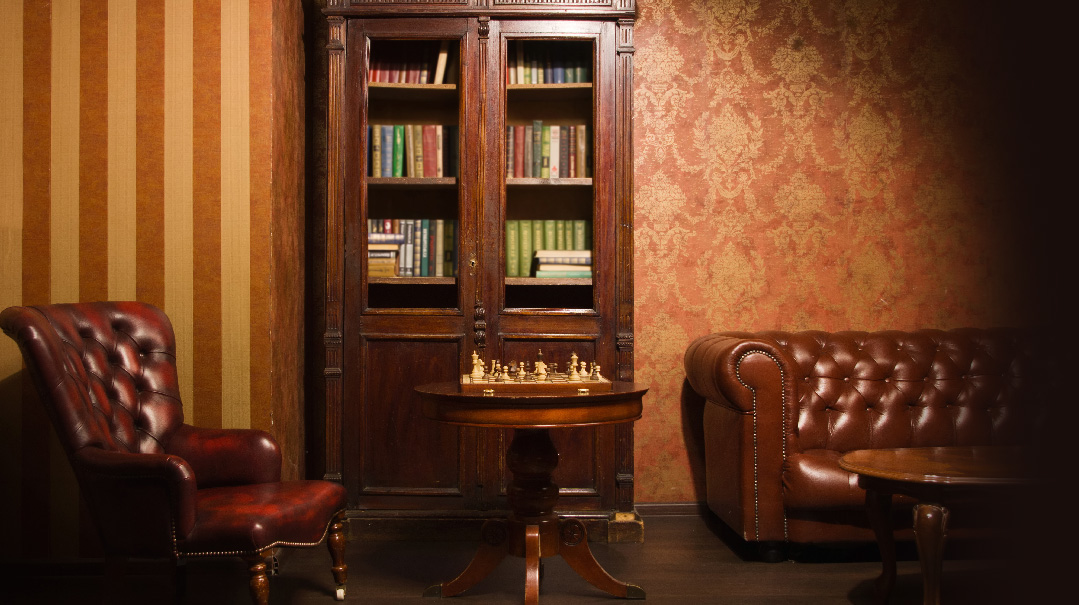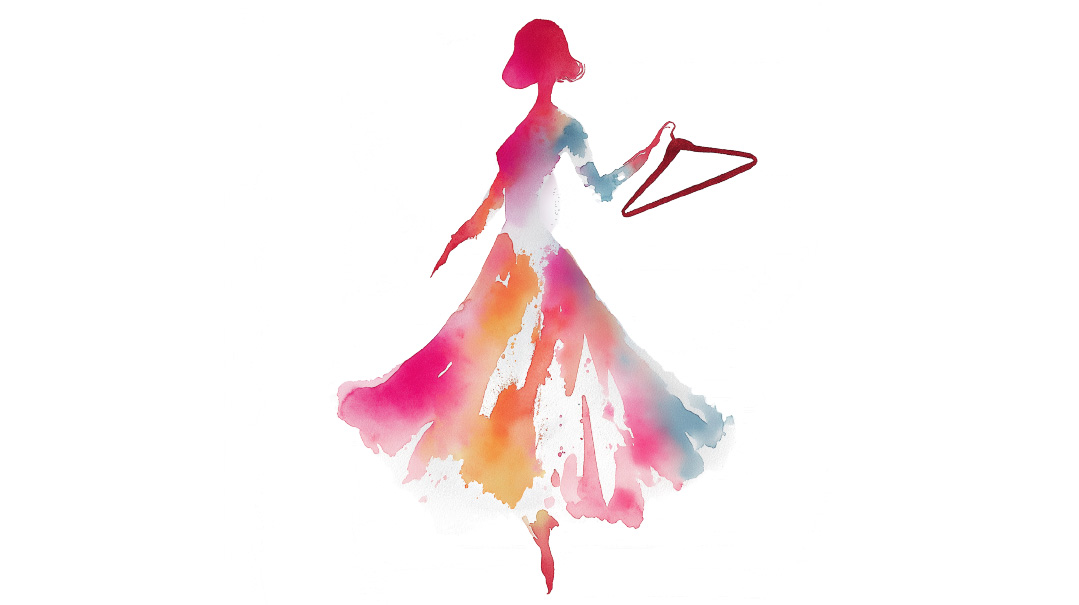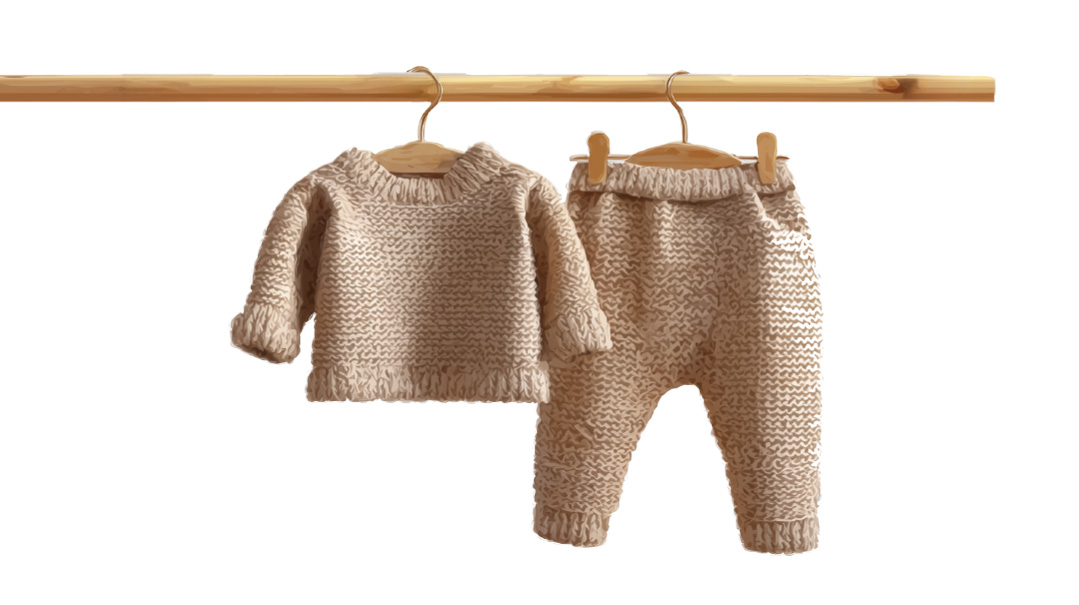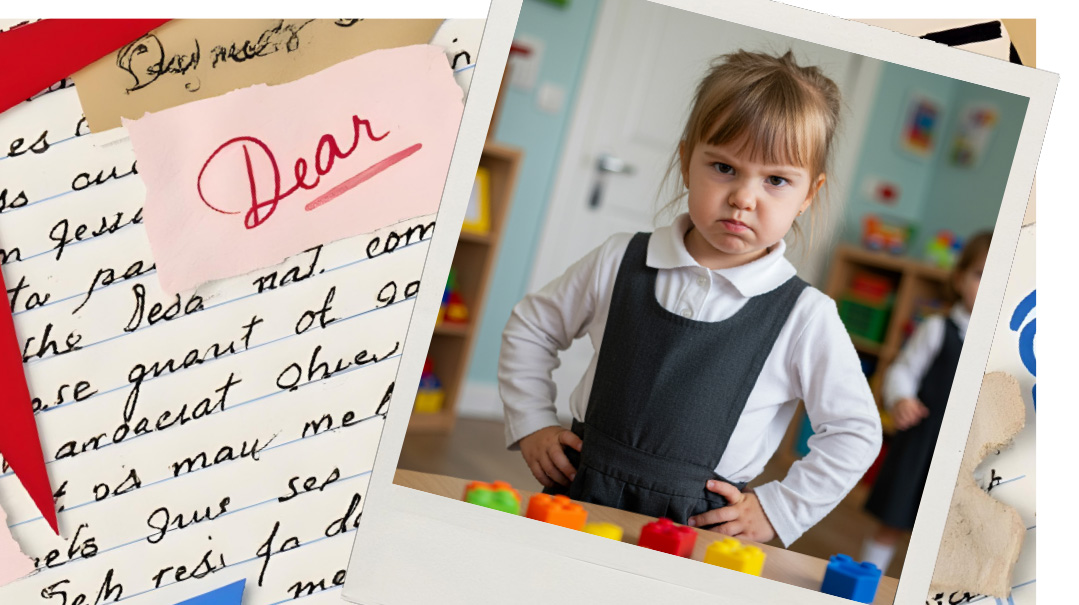Knowing Not to Ask

Just about everything — from the time he left the Mirrer Yeshivah until he married our mother — was wrapped in layers of secrecy

We knew and we didn’t know.
We knew that Sam and Dora would come every Motzaei Shabbos or Sunday morning, depending on the time of year. We knew that my father, a congregational rabbi who was always running somewhere and was rarely found at home, would be there to receive them. We didn’t know why Sam and Dora came weekly, but we knew we weren’t supposed to ask.
They would sit around the large expanse of our dining room table. Dora, the all-American, finely dressed down to fingernails painted a delicate light pink, would sit next to Sam. He made a valiant attempt to broadcast a nonimmigrant image, but his thick Yiddish accent and no-airs personality betrayed his European roots.
My mother, although a born-and-bred Bostonian, couldn’t compete in attire on a rabbi’s salary. She sat near my Polish father, ever the gracious hostess, but seldom took part in the conversations. Yiddish was the spoken language between all, but most of the give-and-take ping-ponged between Sam and my father.
I grew up from toddler to teenager with the scene playing out week after week. On rare occasions, the couple would bring their youngest son with them. He was the same age as my oldest brother. With his blond curls and blue eyes, Mark could have been a poster boy for a dyed-in-the-wool, seventh-generation Yankee. He had little in common with our yeshivish brood.
Mark’s two brothers, Harold and Marvin, were much older and married. They didn’t come on the weekly visits, but on occasion they’d make an appearance. There was always a warmth and camaraderie when they arrived.
There were other things we knew not to ask. We knew that our father was many years our mother’s senior. Thirteen. Even though it was common to have a large age gap between husband and wife in those days, we knew that thirteen was unusual. My mother was the eldest of ten in a very frum but very poor family. Her father had a stroke when the children were still young, and her mother scraped together a measly income by selling eggs. It was hard finding a frum chassan if you were a poor girl in Boston. We chalked the age difference, and the cultural difference, up to that.
We knew that the Shoah was a topic to be avoided. There were times that we broached a general question about the war, but it was never answered. Either a different topic was suggested or a frigid silence placed the question in deep freeze.
Oops! We could not locate your form.







